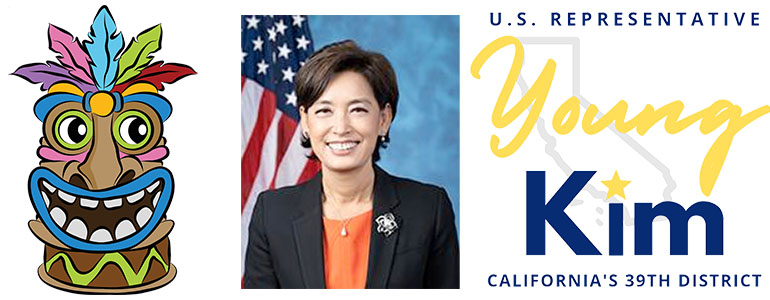
The U.S. House of Representatives passed the Securing Global Telecommunications Act (H.R. 8503), a bipartisan bill led by U.S. Representatives Young Kim (CA-39) and Kathy Manning (NC-06) to promote secure telecommunications infrastructure.
“As the CCP moves to dominate global telecommunications infrastructure, we must take steps to secure our networks and ensure the United States continues leading in global telecommunications standards. We cannot let China or Russia write the rules of the road for our networks,” said Kim. “The Securing Global Telecommunications Act will help the U.S. prioritize our national security, work with our allies to counter the CCP’s malign influence and uphold U.S. competitiveness. I’m proud to work with Rep. Manning on this and thank my House colleagues for supporting its passage.”
“Our country’s strategic international competitors, Russia and China, are working to dominate tech and telecom around the globe by setting industry standards to favor their industries. This poses serious risks to our national security,” said Manning. “My bipartisan bill will help combat China and Russia’s attempts to gain an unfair advantage over telecom infrastructure, preserve our global leadership in tech, keep our companies competitive, and protect the safety and integrity of the networks we rely on every day. I thank Rep. Kim for partnering with me to help pass this important legislation.”
The Securing Global Telecommunications Act would enhance U.S. efforts to promote secure telecommunications infrastructure around the world by requiring the State Department to:
- Develop a comprehensive strategy to promote trusted vendors in several categories of critical telecommunications infrastructure;
- Report to Congress on Chinese and Russian efforts to advance their interests at the International Telecommunications Union (ITU);
- Identify opportunities for multilateral collaboration to promote secure telecom providers; and,
- Authorize the International Digital Economic and Telecommunication Advisory Committee (IDET), which advises the Cyberspace and Digital Policy Bureau on ICT policy matters and establish a permanent IDET private sector subcommittee.
